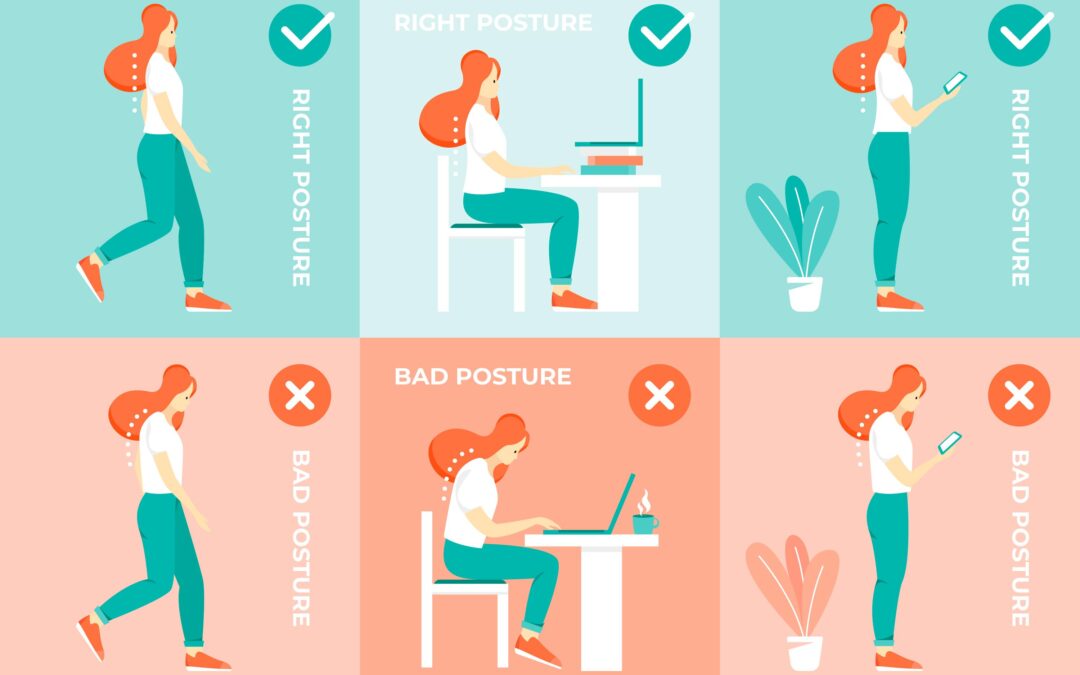Think of a depressed body.
What comes to mind? Slouched shoulders, drooping posture, a shuffling gate, or something along those lines—right? We all conjure a common image of movement and depression because our emotions are embodied and expressed through our shared body language. How we feel determines how we move, and—conversely—how we move affects how we feel.
Despite the intuitive connection between mental illness, motor movements, and posture, little research has been done on the subject. This is quickly changing, however, and as new studies emerge, so too do new insights into how to treat mental illness.
The Link Between Movement and Depression Treatment
A recent paper by Elkjaer and coauthors, published in the Journal of Affective Disorders, showed that depressed individuals tend to have “increased head flexion [head bent forward] and smaller joint range of motion of knees, hips, wrists, shoulders, and elbows.” This means that, yes, science confirms that when you’re depressed you move differently than when you’re healthy.
In addition, the analysis cited above demonstrates that “movement manipulations [can] alter emotional states in individuals with depression.” In other words, changing the way you move does, in fact, change the way you feel. Adopting a “swift/upright” posture as opposed to a “slow/downward” posture “could potentially be applied and integrated in treatment for depression,” according to the authors.
In short, motor system manipulation may positively influence the emotional state and energy levels of people with depression. This said, changing the way you move won’t cure you of mental health struggles. Like nutrition, sleep hygiene, and exercise, movement control is simply another tool you can use to support your journey back to wellness.
Depression Treatment When Nothing Else Works
Not everyone is successful in finding relief from depression. All the lifestyle modification, medication, and therapy in the world sometimes doesn’t work. People who have tried numerous treatment approaches to no avail have what is referred to as “treatment-resistant depression” or TRD, and before the advent of ketamine treatment, their outlook was bleak.
TRD can last a lifetime, and yet even those who have suffered for decades have experienced immediate, lasting improvement after trying ketamine treatment for depression. While better known as an FDA-approved anesthetic, ketamine is gaining increased recognition as a mental health treatment.
Much of ketamine’s success at providing relief where other depression treatments have failed is owed to the fact that the drug works differently than conventional medications. Instead of targeting serotonin, ketamine increases the activity of the neurotransmitter glutamate in the frontal cortex of the brain, while also allowing new synapses to form in the same area. This innovative approach provides the answer many sufferers of TRD have long sought.
Contact Vitalitas Denver
To learn more about ketamine treatment for depression, do not hesitate Contact Vitalitas Denver, a ketamine clinic staffed by a qualified and experienced suite of dedicated medical professionals. We can help you determine whether ketamine is an appropriate treatment for your needs and symptoms, and help get you started on the journey towards mental health and well-being.


